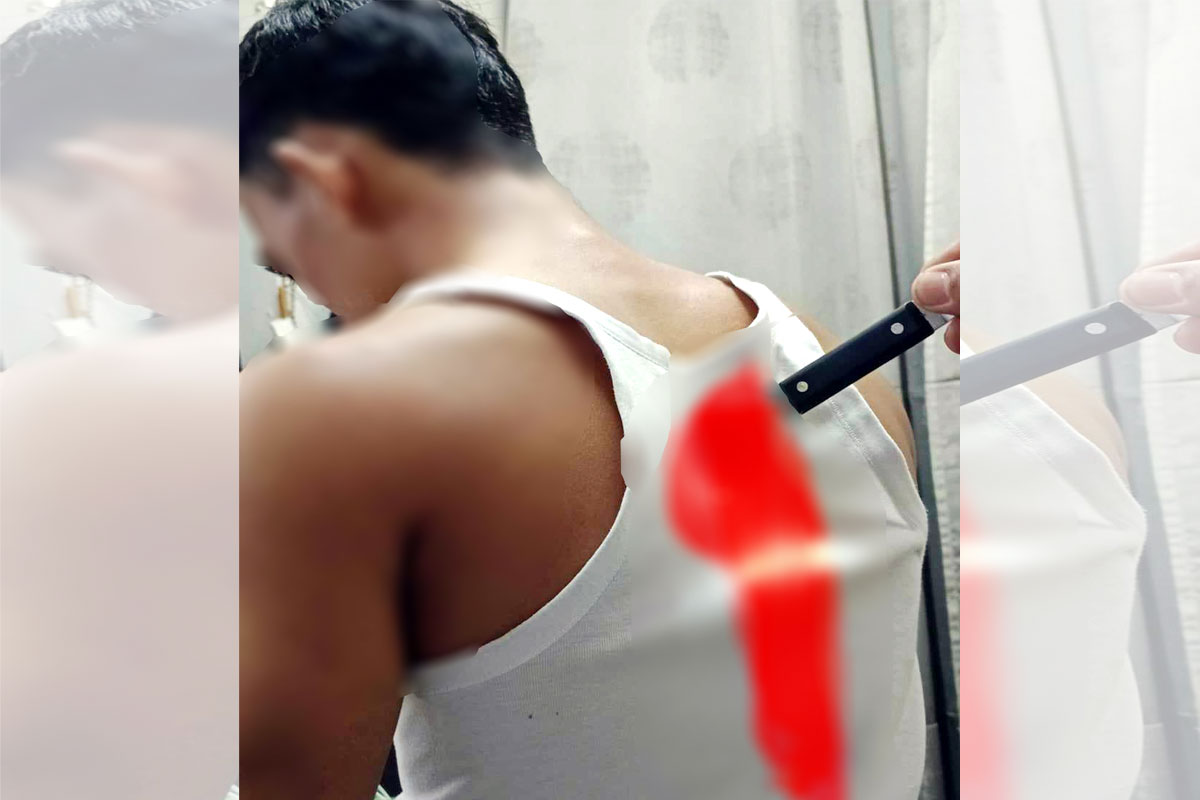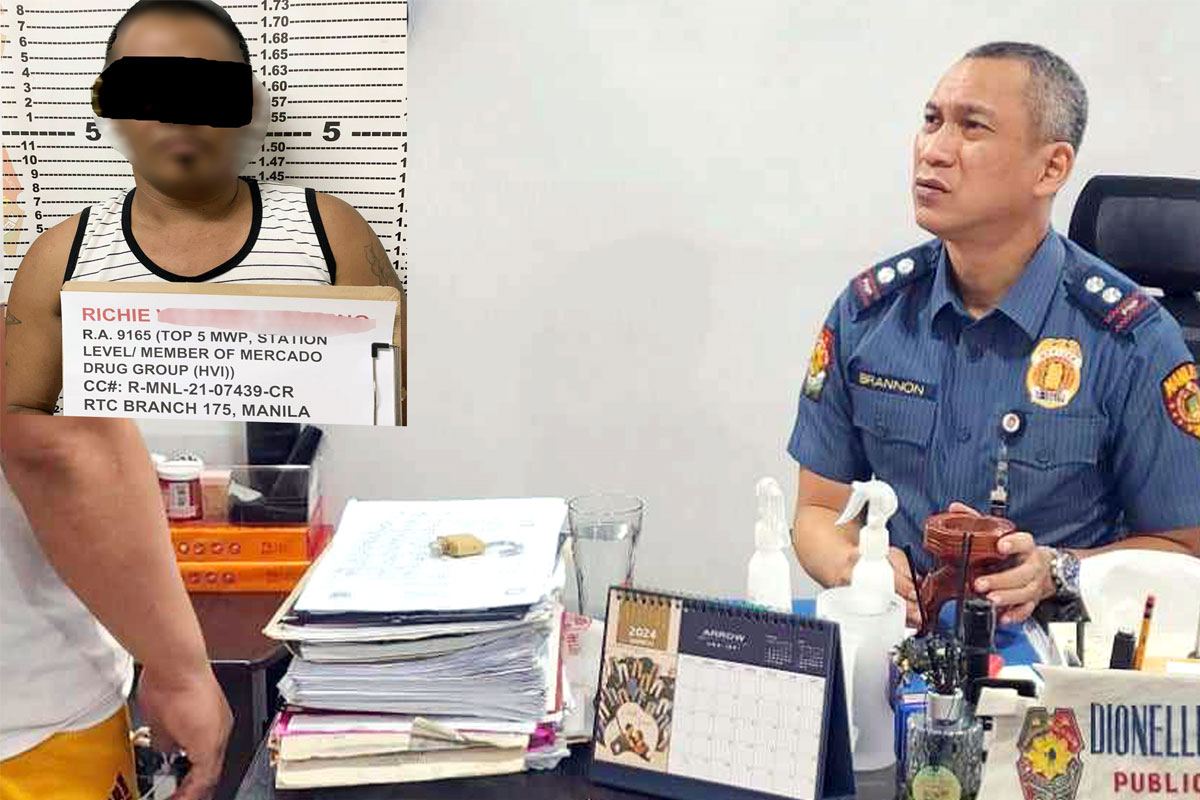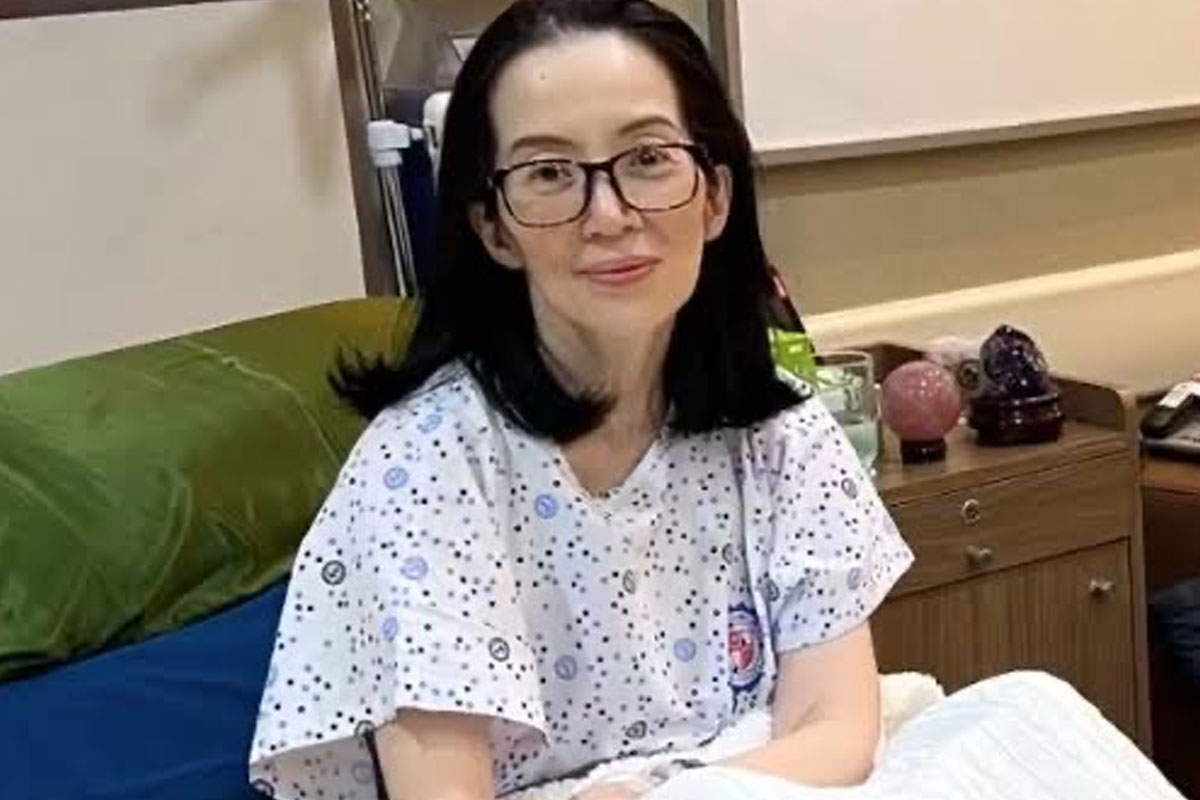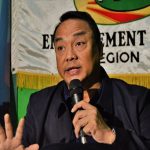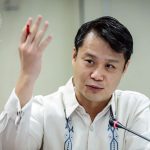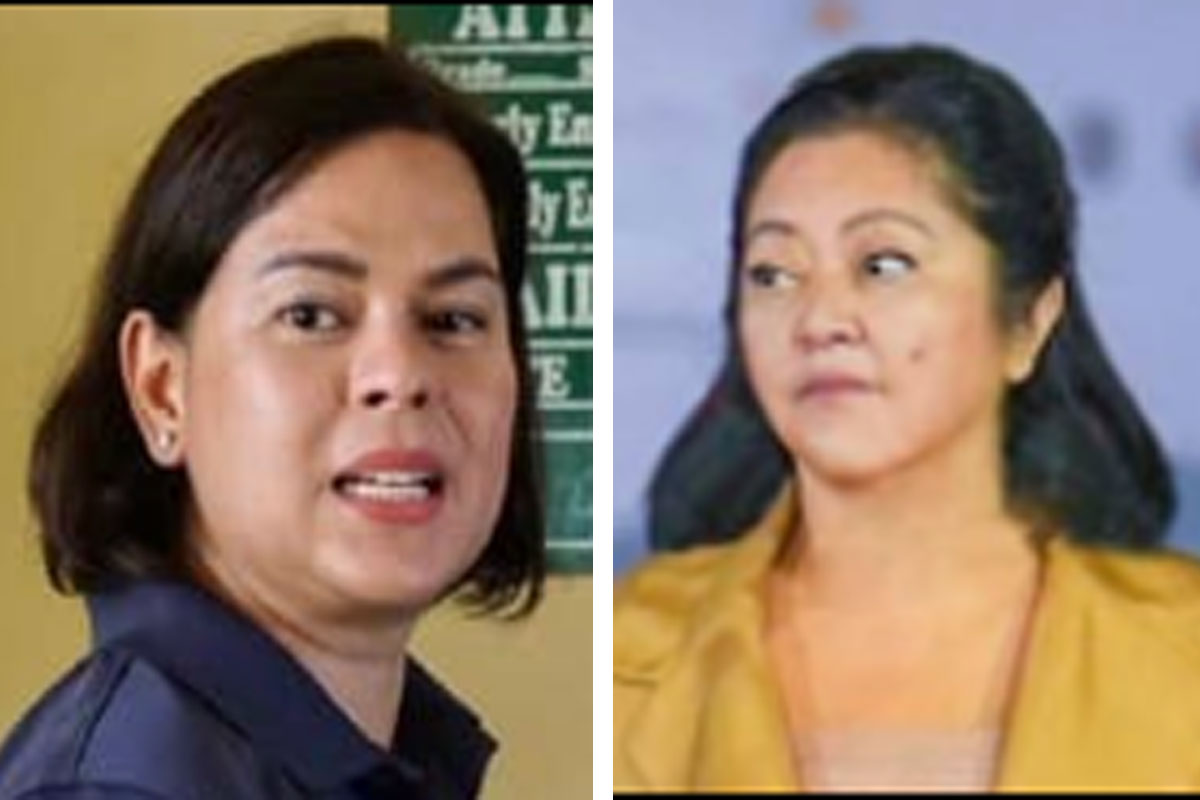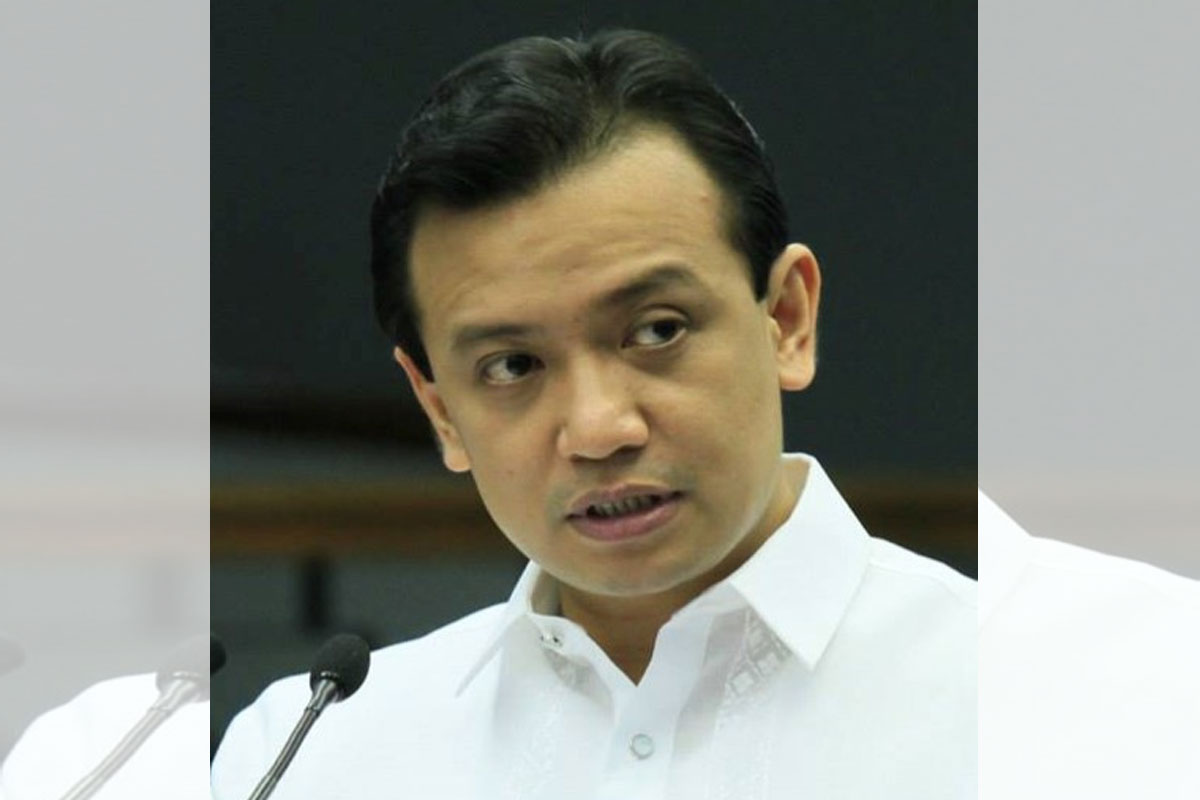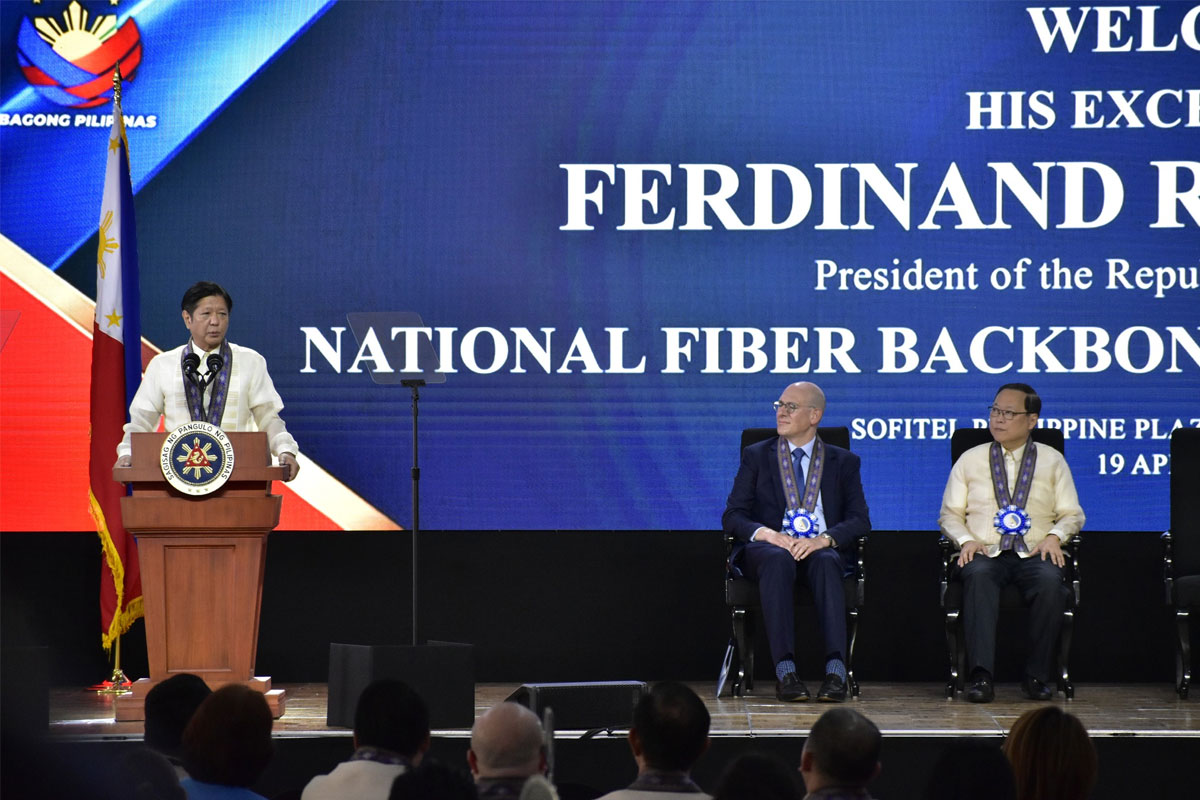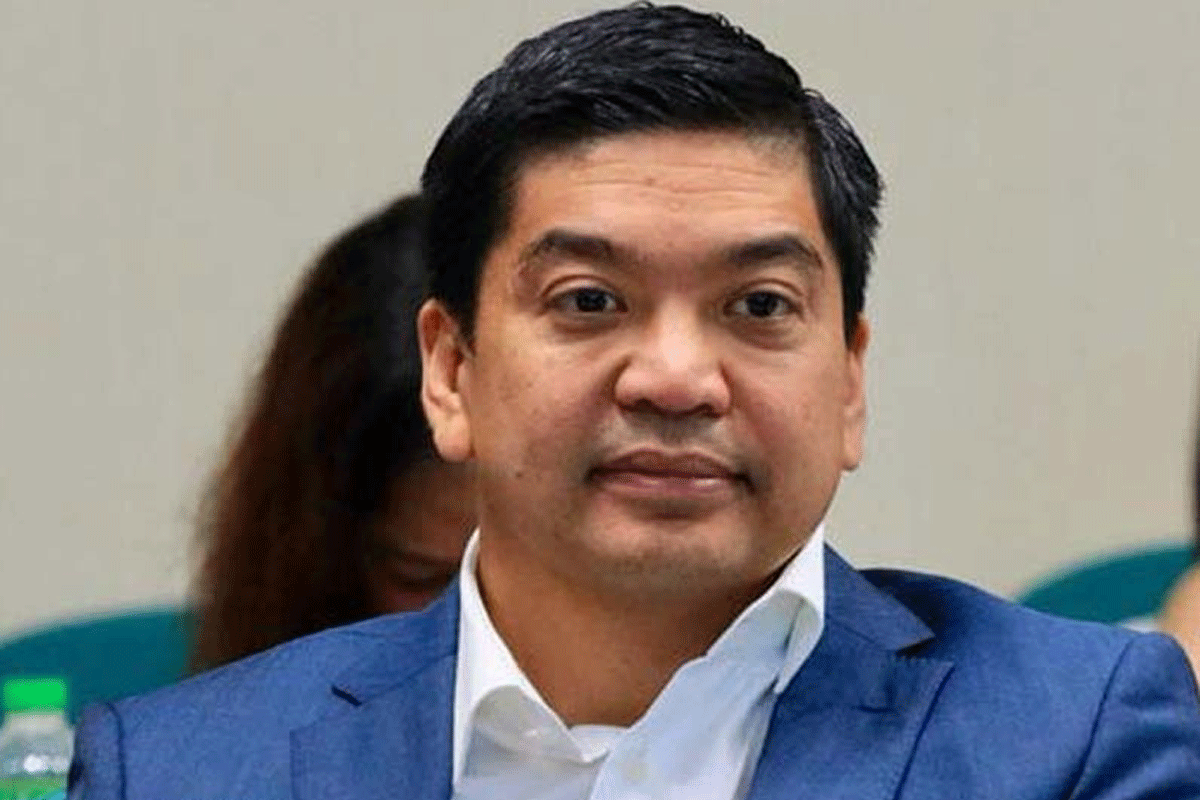
House solon urges LGUs to create solo parents’ office
CAMARINES SUR Representative LRay Villafuerte has said the “pitch” by President Ferdinand “Bongbong” R. Marcos Jr. for solo parents in his first State of the Nation Address (SONA) should serve as a strong impetus for all local government units (LGUs) to put up Solo Parents Offices (SPOs) or Solo Parents Divisions (SPDs) in their respective localities, in compliance with a new law providing more benefits to some 15 million single fathers and mothers and their children.
The former Camarines Sur governor likewise appealed to LGU executives to back the President’s support for solo parents by submitting to the Department of Social Welfare and Development (DSWD) quarterly their respective lists of solo parents availing of the benefits of the new law, Republic Act (RA) No. 11861, otherwise known as the “Expanded Solo Parents Welfare Act.”
“The President’s pitch for solo parents in his first SONA should serve as a strong impetus for local chief executives to establish their own SPOs and SPDs in their respective localities, if they haven’t done so yet, in support of Mr. Marcos’ social welfare agenda,” Villafuerte, an author of RA 11861, said.
In his SONA, the President said, “Hindi rin natin nakakalimutan ang mga solo parents at mga nanay na nahiwalay sa kanilang mga mister dahil sa karahasan.”
For Villafuerte, “The expanded protection and promotion of the welfare of solo parents and their children under RA 11861 further concretizes the government’s commitment to the constitutional provision for the State to recognize the sanctity of family life and protect and strengthen the family as a basic autonomous social institution.”
He said, “a more comprehensive package of social welfare services and development initiatives for solo parents will help the Marcos government further ease their burden in rearing their children towards becoming productive citizens.”
RA 11861 increased the benefits due to solo parents under the original law – RA 8972, which was passed in 2000. RA 11861 lapsed into law last June.
Villafuerte also urged the DSWD, in coordination with the Department of the Interior and Local Government (DILG), to immediately establish and maintain, as provided in this new Act, a centralized database of all solo parents who are to be issued Solo Parent Identification Cards (SPICs) and booklets by the LGUs.
He explained that RA 11861 mandates every province and city to put up their respective SPOs in their areas and for municipalities to establish SPD offices in their localities.
Villafuerte said the law requires SPOs and SPDs to issue the SPIC cards of applicants within seven working days from receipt of complete documents and after reviewing and verifying these submitted papers.
He said this new law broadened the definition of “solo parents” to cover more Filipinos as beneficiaries of the original RA 8972 benefits, as well as additional aid such as exemption from the payment of income taxes in the amount of P50,000; discounts on purchases of baby’s milk, food supplements and medicines; discounts on tuition fee payments in both public and private schools, and purchases of school supplies.
Under the new law amending RA 8972, Villafuerte said that SPOs and SPDs are required to, among others, regularly update on a quarterly basis the list of solo parents issued SPIC cards and booklets; monitor law compliance by persons and establishments; report to the governor, mayor of social welfare officer the people, establishments or agencies that refuse to grant the RA 11861 benefits; and to assist solo parents in filing complaints against errant business entities, institutions or agencies.
More than two decades since the enactment of the original Solo Parent’s Welfare Act in 2000, Villafuerte said that, “Filipino families, particularly those led by solo parents as breadwinners and primary caregivers, face new challenges and burdens. The estimated number of Filipino solo parents in 2018 rose to 15 million, 95 percent of whom are female.”
Most of the additional benefits in RA 11861 that beneficiaries can now avail of, plus the bigger list of Filipinos now considered legally solo parents, were contained in House Bill (HB) 6051, the bill authored by Villafuerte that was incorporated with HB 8097, the final and consolidated version passed by the House of Representatives.
Aside from parents whose spouses have passed away, unmarried fathers or mothers and rape victims who opted to keep their offspring, those legally considered “solo parents” under RA 11861 include the spouses or family members of semi-skilled overseas Filipino workers (OFWs) who have been away from the Philippines for a period of 12 months; grandparents and other family members or qualified guardians who bear sole responsibility over children; and those whose spouses have been detained for at least three months for a criminal conviction.
Also classified now as “solo parents’ are those whose spouses have been medically certified as physically or mentally incapacitated; those who have been separated from their spouses for at least six months and have taken on sole parental care and support of their children; those whose marriages have been nullified or annulled and have been entrusted with solo parental care; and those who have been abandoned by their spouses for at least six months; and those whose spouses have been in detention for a criminal conviction.
RA 11861 directs the DSWD and 17 other agencies to develop the “comprehensive package” of social protection services for solo parents and their families that include livelihood opportunities, temporary shelter, forfeitable and non-cumulative parental leaves of not more than seven days per year for those that have been employed for at least six months, legal advice and assistance, counseling services, parent effectiveness services, and stress debriefing.
The other agencies are the DILG, Departments of Health (DOH), of Education (DepEd), of Labor and Employment (DOLE), of Finance (DOF), of Migrant Workers (DMW), of Trade and Industry (DTI), and of Justice (DOJ); Commission on Higher Education (CHED) and Technical Education and Skills Development Authority (TESDA); Bureau of Internal Revenue (BIR); Civil Service Commission (CSC); National Housing Authority (NHA); Philippine Health Insurance Corp. (PhilHealth); National Economic and Development Authority (NEDA); Union of Local Authorities of the Philippines (ULAP); and Philippine Commission on Women (PCW).
These offices are to craft the expanded benefits package in coordination with LGUs, civil society groups, and nongovernment organizations (NGOs), said the law.
The law entitles solo parents earning the minimum wage or below to a monthly cash subsidy of P1,000, provided they are not receiving any other cash aid from any other government agency. Exempted from this law, though, are senior citizens and persons with disabilities (PWDs) who do not have to give up the state benefits due the elderly and PWDs.
They are entitled, too, to the following:
A 10% discount and exemption from the 12% value-added tax (VAT) whenever they buy baby’s milk, food and micronutrient supplements, sanitary diapers, and medicines prescribed for their kids six years of age and below. Entitled to this discount are solo parents who each have an annual income of P250,000 or below.
Automatic coverage under the health insurance program of PhilHealth for workers in the informal economy, with the premium contributions paid for by the national government. For solo parents working in the formal economy, their premium contributions shall be shared equally by the national government and their respective employers.
Prioritization of solo parents, particularly solo mothers, in re-entering the labor force, and their children, whenever applicable, in the hiring or selection for apprenticeships, scholarships, livelihood training, reintegration programs for OFWs, and in poverty programs of the TESDA, DTI, CHED, DepEd, DOLE, DMW, and other related agencies; and prioritization in the allocation for mass housing, with liberal payment terms on low-cost government homes, especially for those living below the poverty line as declared by the Philippine Statistics Authority (PSA).
Alongside leave privileges under existing laws, solo parents are entitled to a seven-day parental leave with pay regardless of employment status, and they get priority in any telecommuting program in their workplaces, said Villafuerte, who also co-authored RA 11165 or the Telecommuting Act of 2018.




